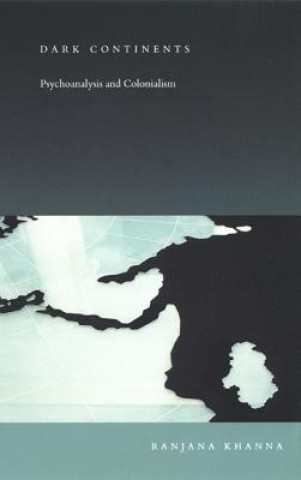
Kód: 04937749
Dark Continents
Autor Ranjana Khanna
"Dark Continents" argues that psychoanalysis is a colonial discipline that paradoxically provides crucial tools for critiques of postcolonialism and neocolonialism. Ranjana Khanna reveals how the concept of the self that emerged i ... celý popis
- Jazyk:
 Angličtina
Angličtina - Väzba: Brožovaná
- Počet strán: 328
Nakladateľ: Duke University Press, 2003
- Viac informácií o knihe

Mohlo by sa vám tiež páčiť
-

Greeks
41.53 € -

Critical Pedagogy in Uncertain Times
36.61 € -3 % -

Women on the Defensive
29.86 € -25 % -

Cristobal de Morales
129.92 € -

Machine Learning in Bioinformatics
188.74 € -

Berggruen Collection
14.41 €
Darujte túto knihu ešte dnes
- Objednajte knihu a vyberte Zaslať ako darček.
- Obratom obdržíte darovací poukaz na knihu, ktorý môžete ihneď odovzdať obdarovanému.
- Knihu zašleme na adresu obdarovaného, o nič sa nestaráte.
Viac informácií o knihe Dark Continents
Nákupom získate 99 bodov
 Anotácia knihy
Anotácia knihy
"Dark Continents" argues that psychoanalysis is a colonial discipline that paradoxically provides crucial tools for critiques of postcolonialism and neocolonialism. Ranjana Khanna reveals how the concept of the self that emerged in psychoanalytic theory, even in its many post-Freudian variations, developed in relation to the concept of the European nation-state. She contends that understanding colonialism's role in the formation of psychoanalysis enables the insight that the nation-state was constituted through the colonial relation and, indeed, must be radically reshaped if it is to survive without colonies. She shows how psychoanalysis helps to explain the melancholia imperialism created among both colonizers and the colonized. Positing that issues of ethics and feminism ultimately lie at the heart of the connections between colonialism and psychoanalysis, Khanna assesses the merits of various models of nationalism, psychoanalysis, and colonialism for a transnational feminist ethics. Khanna traces the development and deployment of psychoanalysis-particularly its relationship to colonial projects-from its beginnings in the late nineteenth century up to the present. Illuminating Freud's debt to the languages of archaeology and anthropology alongside the development of his career, the collapse of the Habsburg empire, and the Nazi occupation of Vienna, she shows how Freud altered his theories of the ego as his own political status changed. Khanna looks at how psychoanalytic theory was taken up in the metropole and colonies in the period of decolonization following World War II, focusing on its use by a range of writers including Sartre, Octave Mannoni, Aime and Suzanne Cesaire, Rene Menil, Frantz Fanon, and Albert Memmi. She points out that it was through Sartre's and Mannoni's work that the contingency of the European nation-state first came into view. Given the masculinist nature of many of these writers' thought, Khanna focuses on the necessity of a feminist critique of psychoanalytic theory.
 Parametre knihy
Parametre knihy
Zaradenie knihy Knihy po anglicky Society & social sciences Psychology Psychological theory & schools of thought
40.09 €
- Celý názov: Dark Continents
- Podnázov: Psychoanalysis and Colonialism
- Autor: Ranjana Khanna
- Jazyk:
 Angličtina
Angličtina - Väzba: Brožovaná
- Počet strán: 328
- EAN: 9780822330677
- ISBN: 0822330679
- ID: 04937749
- Nakladateľ: Duke University Press
- Hmotnosť: 462 g
- Rozmery: 149 × 235 × 25 mm
- Dátum vydania: 22. April 2003
Obľúbené z iného súdka
-

Behave
12.37 € -17 % -
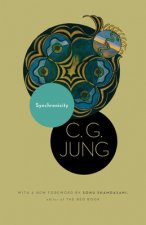
Synchronicity – An Acausal Connecting Principle
14.31 € -

A General Introduction to Psychoanalysis
5.51 € -26 % -
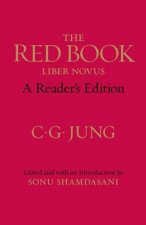
The Red Book – A Reader`s Edition
38.66 € -16 % -

Emotional Intelligence
10.53 € -11 % -

Inner Gold
21.88 € -

Touched With Fire
13.29 € -23 % -

Sociobiology
71.60 € -

Kant's Dove
27.41 € -

The Empathy Game
25.87 € -1 % -
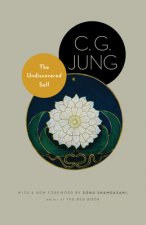
The Undiscovered Self
10.02 € -19 % -
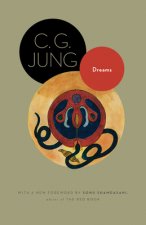
Dreams
15.54 € -19 % -

Four Archetypes
11.65 € -18 % -

Red Book
240.92 € -18 % -

Make It Stick
34.47 € -2 % -

The Myth of Mental Illness
14.41 € -23 % -

Psychoanalyst Meets Marina Abramovic
19.43 € -
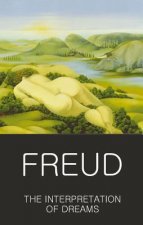
The Interpretation of Dreams
5.21 € -30 % -

Moonwalking with Einstein
11.24 € -25 % -
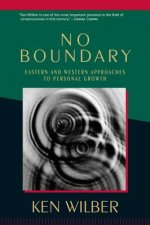
No Boundary
17.38 € -5 % -
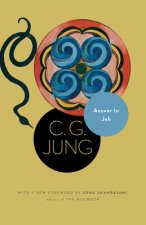
Answer to Job
9.20 € -19 % -
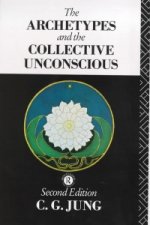
Archetypes and the Collective Unconscious
56.87 € -
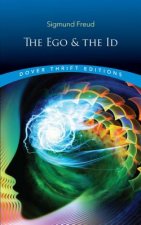
Ego and the Id
4.08 € -13 % -

Jung on Active Imagination
21.27 € -18 % -

Home is Where We Start from
14.41 € -23 % -

Psychoanalytic Diagnosis
57.08 € -

Self-Analysis
20.14 € -13 % -
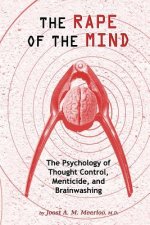
Rape of the Mind
18.81 € -

C.G.Jung and Hermann Hesse
18.81 € -19 % -

Psychic Energy
97.49 € -

People Of The Lie
12.27 € -23 % -

T A Today
21.78 € -5 % -

Dance Therapy and Depth Psychology
65.26 € -

Jung and Steiner
31.70 € -

Transformational Chairwork
51.76 € -
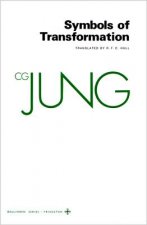
Collected Works of C.G. Jung
34.88 € -19 % -

What Life Should Mean To You
16.56 € -

Aion Lectures
23.62 € -13 % -

Inner Child in Dreams
21.68 € -

Yesterday, Today and Tomorrow
217.59 € -

Wolf Children and the Problem of Human Nature
18.30 € -
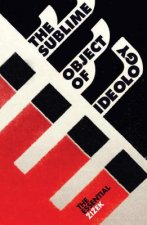
The Sublime Object of Ideology
18.30 € -5 % -

Memories, Dreams, Reflections
13.39 € -11 % -
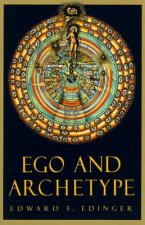
Ego and Archetype
23.11 € -15 % -

Choice Factory
16.56 € -23 % -

Civilization and Its Discontents
10.94 € -16 % -

Man's Search for Meaning, Gift Edition
22.70 € -17 % -

Integral Psychology
25.67 € -6 % -

Psychopathology of Everyday Life
12.27 € -23 %
Osobný odber Bratislava a 2642 dalších
Copyright ©2008-24 najlacnejsie-knihy.sk Všetky práva vyhradenéSúkromieCookies



 21 miliónov titulov
21 miliónov titulov Vrátenie do mesiaca
Vrátenie do mesiaca 02/210 210 99 (8-15.30h)
02/210 210 99 (8-15.30h)